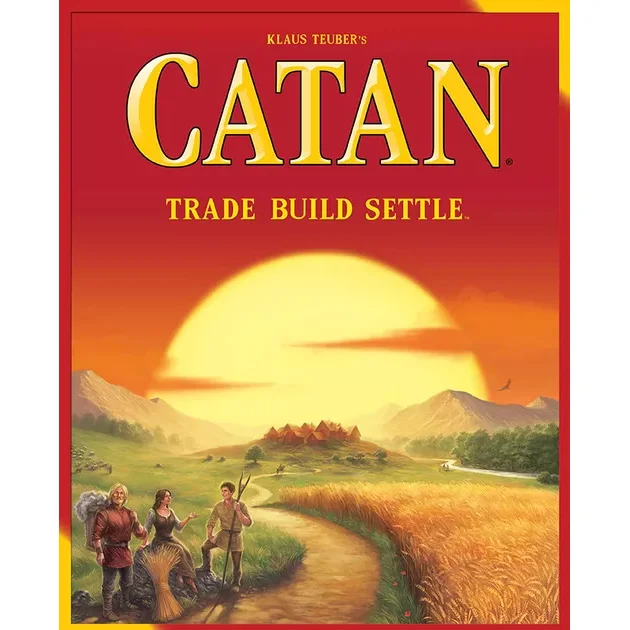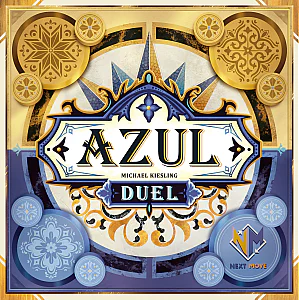Catan - Made in india by Funskool

Catan - Made in india by Funskool
This is Catan game made in India by Funskool
₹ 3,499.00
Ex Tax: ₹ 3,499.00
| Ages: | 10+ |
| NoOfPlayers: | 3-4 Players |
| PlayTime: | 60-120 Minutes |
| Playing Time : | Upto 2 Hours |
| BGG Link: | BGG Link |
| Game Type: | Family Games | Strategy Games |
| Game Categories: | Economic | Negotiation |
| Game Mechanisms: | Chaining | Dice Rolling | Hand Management | Hexagon Grid | Hidden Victory Points | Income |
| Game Family: | Animals: Sheep | Components: Hexagonal Tiles | Components: HexHex3 Grids | Components: Wooden pieces & | boards | Digital Implementations: Board Game Arena | Digital Implementations: BrettspielWelt |
| Game Designer(s): | Klaus Teuber |
| Game Artist(s): | Volkan Baga | Tanja Donner | Pete Fenlon | Jason Hawkins | Eric Hibbeler | Michaela Kienle |
| BGG Rank Overall: | 600 |
| BGG Weight: | 2.29 |
| BGG Weight Filter: | 2 to 3 |
This is Catan game made in India by Funskool











